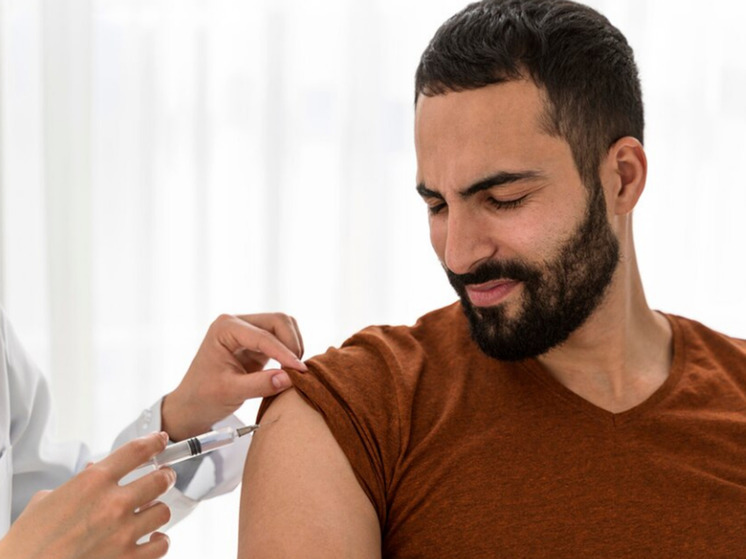Scientists want to help a person easily endure the consequences of excessive libation
Scientists in Belarus want to make people resistant to large doses of alcohol. One of the Vitebsk enterprises is testing a vaccine that will help a person quickly get in shape after the holidays.

According to the general director of the enterprise, Sergei Bolshakov, we are talking about a technology that allows you to quickly restore metabolism and protein components after stormy parties with alcohol. That is, we are not talking about a vaccine against alcoholism, as many may think. Rather, scientists want to help a person easily endure the consequences of excessive libation.
“We are not saying that we are fighting the traditions of drinking alcohol on birthdays, New Years, and so on,” Bolshakov said on one of the Belarusian TV channels. – Gorbachev already fought against this, and we know what came of it. We want to help a person physiologically endure the consequences of taking large doses of alcohol.»
The idea of creating a vaccine against binge drinking arose among pharmaceutical company specialists after the appearance in their ranks of “smart, competent workers», but “a little losing their competencies and not being able to resist the green snake.”
The basis for the creation of the drug was taken from both classical vaccine platforms and modern plasmid products that are used to treat cancer.
Plasmids are small DNA molecules with the help of which bacteria exchange genetic information with each other — for example, they transmit resistance to some antibiotic or other unfavorable factors to neighbors.
The vaccine, according to Bolshakov, is administered preventively and acts as protection, an antidote to a shock dose of alcohol and its breakdown products.
As the deputy director of the enterprise, Vladimir Mashero, explained to MK, the vaccine is currently at the stage of laboratory development and testing, so its method of action is not disclosed in more detail.
However, it is already clear that the resulting effect should be much milder than that of classical drugs for “stitching up” patients, when they are injected with substances based on blocking the enzyme in the liver that destroys alcohol, and thereby causing severe intoxication after any dose.
As endocrinologist Zukhra Pavlova commented, the development of alcoholism is based on the desire to have fun. A person drinks alcohol, he releases the joy hormone dopamine, and the more often this happens, the lower the sensitivity of the receptors, and the greater the need to drink alcohol again to feel euphoria.
Unlike Belarusian vaccinologists, their American colleagues use a different approach to combat alcoholism.
As reported by Nature Medicine, scientists at the Center for Genetic Research managed to cure alcoholism at the gene level in monkeys for a whole year. First, rhesus macaques had to be accustomed to beer, after which they were divided into the main and control groups.
Representatives of the main group were injected into the body with the help of an adenovirus, a protein that additionally stimulates the synthesis of dopamine. When the «pleasure system» was restored, cravings for alcohol stopped in 90 percent of macaques. Representatives of the control group, who were not given an additional dose of dopamine in the form of a vaccine, continued to drink beer regularly. However, as molecular biologist Petr Chumakov commented to MK about the possibility of such approaches to humans, there are no immediate prospects for the emergence of such methods of therapy for humans, because there are many ethical obstacles associated with genetic manipulations in the human brain.
























































Свежие комментарии